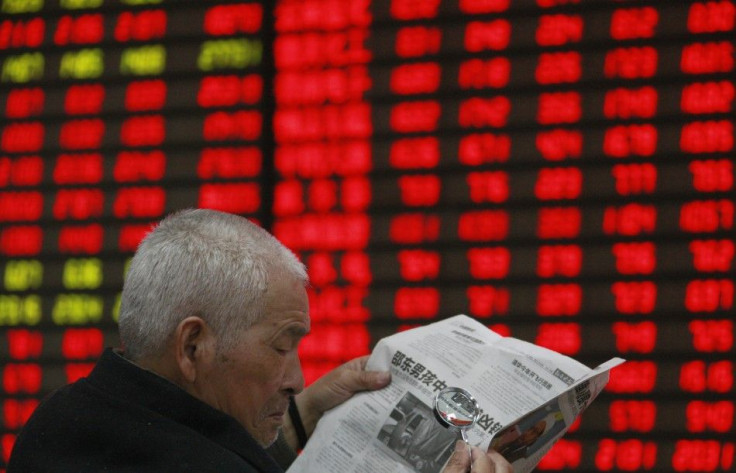Asian Stocks Fall As Spain?s Banking Woes Increase

Asian markets fell Thursday as concerns over the debt crisis looming over the euro zone increased due to heightened Spanish banking sector woes.
The Chinese Shanghai composite index fell 0.46 percent or 11.01 points to 2373.66, and Hong Kong's Hang Seng index declined 1.24 percent, or 231.55 points, to 18458.67.
India's BSE Sensex index dropped 1.01 percent, or 164.62 points, to 16,147.53, and Japan's Nikkei Stock Average fell 1.45 percent, or 125.49 points, to 8507.70. South Korea's Kospi slumped 1.29 percent, or 23.71 points, to 1,821.15.
Market sentiment was negative as investors feared that the euro zone debt crisis had spread to Spain.
The euro dropped near to a two-year low while capital flight to safe-havens pushed US Treasury 10-year yields down to 1.62 percent. The market discounted the possibility of Spain using the European Central Bank's leverage to help its banks and its regions.
Spain's economic and financial challenges have been exacerbated by large capital outflows that intensified in the early months of 2012. If this sudden reversal of international capital flows is not arrested, it can pose a serious threat to the country's economic and financial stability.
Another factor that dragged down Asian market sentiment was a report that Japan's industrial production gained in April from the previous month but remained below expectations, raising concern about the country's faltering economic growth momentum. The data released by the Japanese Trade Ministry on Thursday showed that the country's industrial output rose 0.2 percent in April from March but was less than the 0.5 percent climb expected, according to surveys conducted separately by Bloomberg, Dow Jones Newswires and Reuters.
© Copyright IBTimes 2025. All rights reserved.





















